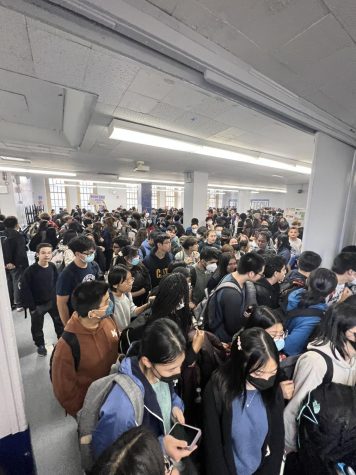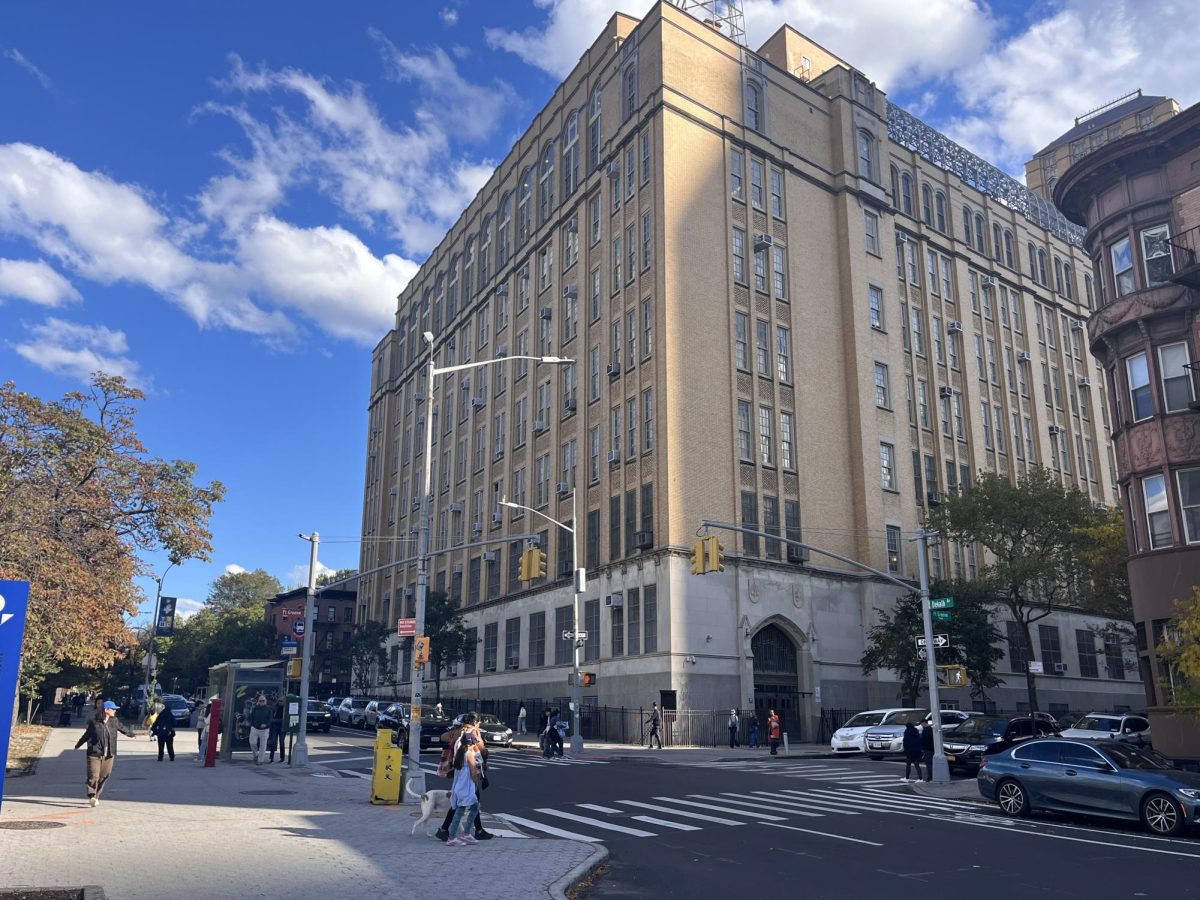This fall, Brooklyn Tech has suspended the process of creating new student clubs. This decision aims to manage the school’s overwhelming number of clubs, which peaked at 428 last year. For now, only 267 clubs active in the 2024-2025 school year were eligible to re-register.
“During the Spring semester we will hopefully be able to open new club applications,” said SGO Junior Secretary Vinny Thukral (Neuroscience ‘27). When new clubs are considered in the future, the approval process will focus on preventing overlap between similar clubs.
“I’m 100% sure this is a long-term change,” said Club Team Council (CTC) President Anson Zeng (Finance ‘26).

According to Zeng, the decision to limit clubs was driven by the administration after observing an unsustainable growth in clubs: from 126 clubs in the 2023-2024 cycle to 428 the following year.
The surge in clubs created major challenges in space allocation, budgeting and finding advisors. The competition for limited after-school rooms became a zero-sum game, where, as Thukral put it, “Redundant clubs [with few members] were taking up space that other clubs could use.”
These clubs also stretched the school’s club budget to its limit. “[Now, the clubs that do exist] can have more money, the money they need to support [themselves],” said Sophomore Secretary Ava Mcelvain (‘28).
Moreover, each club requires a faculty advisor to supervise meetings. With hundreds of active clubs competing for a relatively small pool of adults, many teachers were juggling multiple groups on top of their regular workload. Now, with fewer clubs, advisors can operate more efficiently.
Advisors also have to consider the limited compensation they can receive for overtime hours, as determined by the Department of Education’s per-session pay policy, when agreeing to advise a club.
The surge in clubs reflects a growing emphasis on extracurriculars in an increasingly competitive college application process.
“Part of [wanting to create a new club] was because it’d look good on college applications,” explained Mcelvain, who expressed desire to found Philosophy Vessel, a club centered on moral philosophy, but couldn’t because of the application freeze. “I’m interested in philosophy, and [starting a club] would give me a way to establish that.”
Acknowledging that many students are motivated to start clubs for leadership experience, Zeng affirmed that the wide interests of the 267 returning clubs allow students to earn leadership roles within communities that still reflect their passions.
Still, Thukral pointed out that the inability to create a new club would “reduce the sense of building [one’s] own community,” a feature of Tech’s club system that is stressed to new and prospective students.
For students who have further questions or believe a new club is absolutely essential for the school community, Zeng encourages them to reach out to either him directly via email at [email protected], the general CTC inbox at [email protected], or through the CTC’s Instagram, @bthsctc.
The club limit policy has generated plenty of student feedback. “A bunch of emails [are asking] to make new clubs,” Zeng admitted. “But I’m saddened to say I can’t help with that. They’ll have to wait until the spring applications to see if it’ll happen.”
Despite the new restrictions, Zeng emphasized that Tech’s current club culture remains robust, boasting more clubs than many colleges. The goal is to preserve that culture by ensuring every club is “active and provides genuine value to its members.”
Tech’s annual Club Fair is scheduled for October 28th and 29th. Zeng encourages attendance, promising the event will showcase why the school “still holds a unique culture.”








































